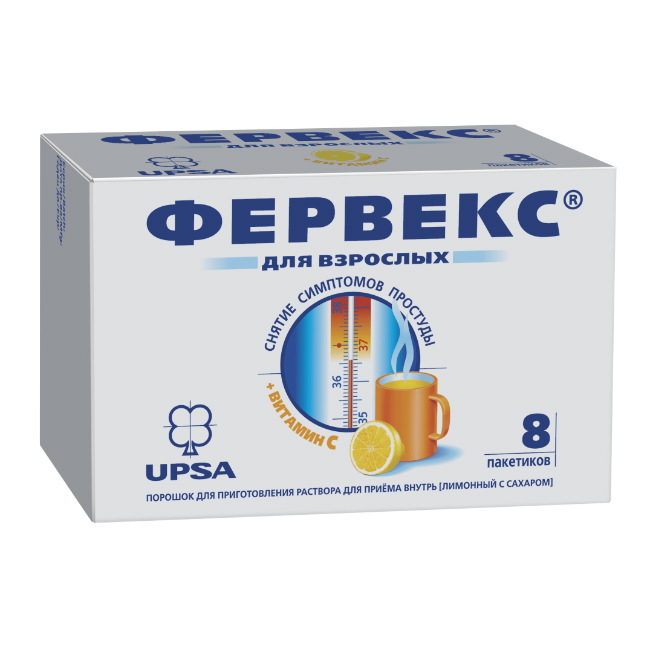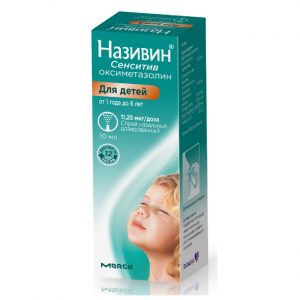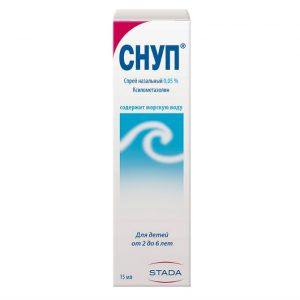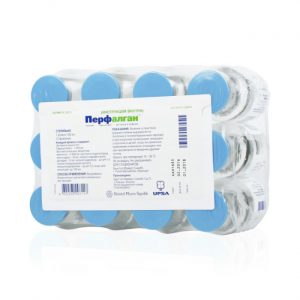Description
Latin name
Fervex
Release form
Fervex. Powder for oral solution (lemon with sugar).
Packaging
in 3 g sachets in a pack of cardboard 8 sachets.
Contraindications
Hypersensitivity to paracetamol, ascorbic acid, pheniramine, or any other component of the drug.
Erosive-ulcerative lesions of the gastrointestinal tract (in the acute phase).
Hepatic failure.
Angle-closure glaucoma.
Urinary retention associated with diseases of the prostate gland and impaired urination.
Portal hypertension.
Alcoholism.
Phenylketonuria.
Children’s age (up to 15 years).
Pregnancy and lactation (safety has not been studied).
Precautions – renal failure, congenital hyperbilirubinemia (Gilbert, Dubin-Johnson and Rotor syndromes), viral hepatitis, alcoholic hepatitis, advanced age.
Use during pregnancy and lactation
The use of the drug is contraindicated in the I and III trimesters of pregnancy and during lactation (breastfeeding).
Composition of
Each bag contains:
Active ingredients:
Paracetamol – 0.500 g
Ascorbic acid – 0.200 g
Pheniramine maleate – 0.025 g
Excipients:
mannitol citricl 3.50 g srdl050 g cit 0.400 g
aspartame 0.050 g,
lemon-rum flavor * – 0.200 g
* Flavor composition:
maltodextrin,
acacia gum,
-pinene,
-pinene,
limonene,
? -terpinene,
linalool,
neral,
? -terpineol,
geranial,
dextrose,
silicon dioxide E551,
butyl hydroxyanisol.
Dosage and administration
Inside – 1 sachet 2-3 times a day. Before use, the contents of the bag must be dissolved in a glass (200 ml) of warm water. The maximum duration of treatment is 5 days.
The maximum daily dose of paracetamol is 4 g (8 packets of Fervex ®) with a body weight of more than 50 kg. The interval between doses of the drug should be at least 4 hours. In patients with impaired renal function (creatinine clearance <10 ml / min), the interval between doses should be at least 8 hours. If symptom relief is not observed within 5 days after starting the drug, the body temperature remains, or after the initial decrease it suddenly rises again, consult a doctor. Side effects The drug is well tolerated in recommended doses. Possible dry mouth, nausea, vomiting, abdominal pain, impaired urination, constipation, allergic reactions (erythema, skin rash, itching, urticaria, Quincke’s edema, anaphylactic shock), drowsiness, accommodation disturbance, palpitations, orthostatic hypotension , impaired coordination, tremors, confusion, hallucinations, impaired attention (more often in elderly patients). Rarely – anemia, leukopenia, agranulocytosis, thrombocytopenia, agitation, nervousness, insomnia. If you experience any adverse reactions, stop taking the drug and consult your doctor. Drug Interaction Ethanol enhances the sedative effect of antihistamines (pheniramine) and should therefore be avoided during treatment with Fervex ®. In addition, ethanol, when used with feniramin, promotes the development of acute pancreatitis. Pheniramine in the composition of the drug Fervex ® enhances the effect of sedatives: morphine derivatives, barbiturates, benzodiazepine and other tranquilizers, neuroleptics (meprobamate, phenothiazine derivatives), antidepressants (amitriptyline, mirtazeparasin H1-blockers, baclofen thus not only increases the sedative effect, but also increases the risk of side effects of the drug (urinary retention, dry mouth, constipation). Consideration should be given to enhancing central atropine-like effects when used in combination with other substances having anticholinergic properties (other antihistamines, antipressants of the imipramine group, neuroleptics of the phenothiazine series, m-cholinoblocking antiparkinsonian agents, atropine-like antispasmodics, disopyramide). When using the drug, together with inducers of microsomal oxidation: barbiturates, tricyclic antidepressants, anticonvulsants (phenytoin), flumecinol, phenylbutazone, rifampicin and ethanol, significantly increases the risk of hepatotoxic action. Glucocorticosteroids when used concomitantly increase the risk of developing glaucoma. Together with salicylates increases the risk of nephrotoxicity. When used with levomycetin (chloramphenicol), the toxicity of the latter increases. Paracetamol contained in the drug, increases the effect of indirect anticoagulants and reduces the effectiveness of uricosuric drugs. overdose Symptoms of acute paracetamol poisoning are anorexia, nausea, vomiting, epigastric pain, sweating, paleness of the skin, drowsiness. After 1-2 days, there are signs of liver damage. In severe cases, hepatic failure, hepatonecrosis, encephalopathy and coma develop, which can be fatal. Signs of feniramine poisoning are convulsions, disorders of consciousness, coma. If symptoms of poisoning appear, immediately discontinue use and consult a physician. Gastric lavage, intake sorbents (activated charcoal, lignin hydrolysis), intravenous or oral administration of acetylcysteine antidote (if possible, within the first 10 hours after overdose), symptomatic treatment is recommended. Storage conditions Keep out of the reach of children, in a dry place at a temperature not exceeding 25 ° C. Expiration 3 years. dosage form dosage form powder for oral Uppsala SAS, France




